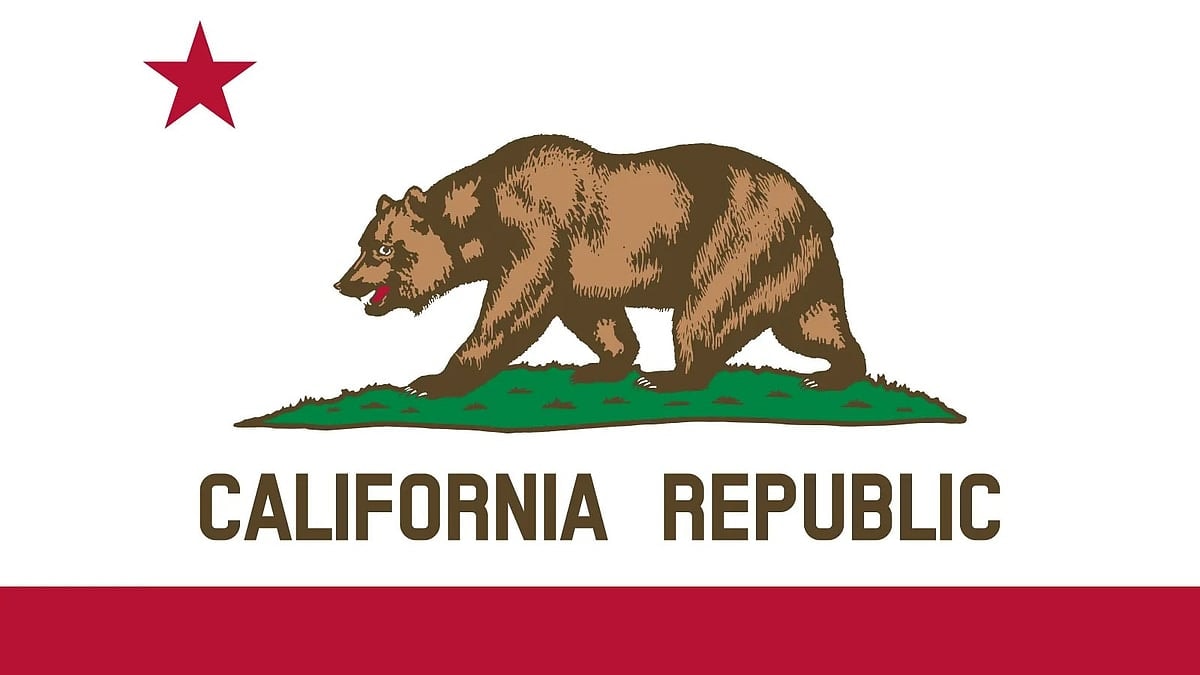AI News Bureau
California Lawmakers Approve Legislations to Regulate AI Industry, Ban Deepfakes, Protect Workers
Under one of the proposals, tech companies and social media platforms would be required to provide AI detection tools. California could become the first state in the nation to set sweeping safety measures on large AI models.
Written by: CDO Magazine Bureau
Updated 12:03 PM UTC, September 13, 2024

California lawmakers have approved a host of proposals designed to regulate the artificial intelligence industry, combat deepfakes and protect workers from exploitation. The Democratic governor has until September 30 to sign the proposals, veto them, or let them become law without his signature.
Lawmakers have approved legislation to ban deepfakes related to elections and need large social media platforms to remove the deceptive material 120 days before Election Day and 60 days thereafter. Campaigns would also be required to publicly disclose if they’re running ads with materials altered by AI.
A pair of proposals state that it will be illegal to use AI tools to create images and videos of child sexual abuse. However, current law does not allow district attorneys to go after people who possess or distribute AI-generated child sexual abuse images if it remains unproved that the material depicts a real person.
Under another proposal, tech companies and social media platforms would be required to provide AI detection tools. California could become the first state in the nation to set sweeping safety measures on large AI models.
Further, the legislation requires developers to start disclosing what data they use to train their models. The efforts aim to shed more light on how AI models work and prevent future catastrophic disasters.
Another measure would require the state to set safety protocols preventing risks and algorithmic discrimination before agencies could enter any contract involving AI models used to define decisions.
To protect workers, state and local agencies would be banned from using AI to replace workers at call centers under one of the proposals. California also may create penalties for digitally cloning dead people without the consent of their estates.
Apart from those, state lawmakers also passed several bills to increase AI literacy. For instance, according to one proposal, a state working group would have to consider incorporating AI skills into math, science, history, and social science curriculums. Another would develop guidelines on how schools could use AI in the classrooms.


